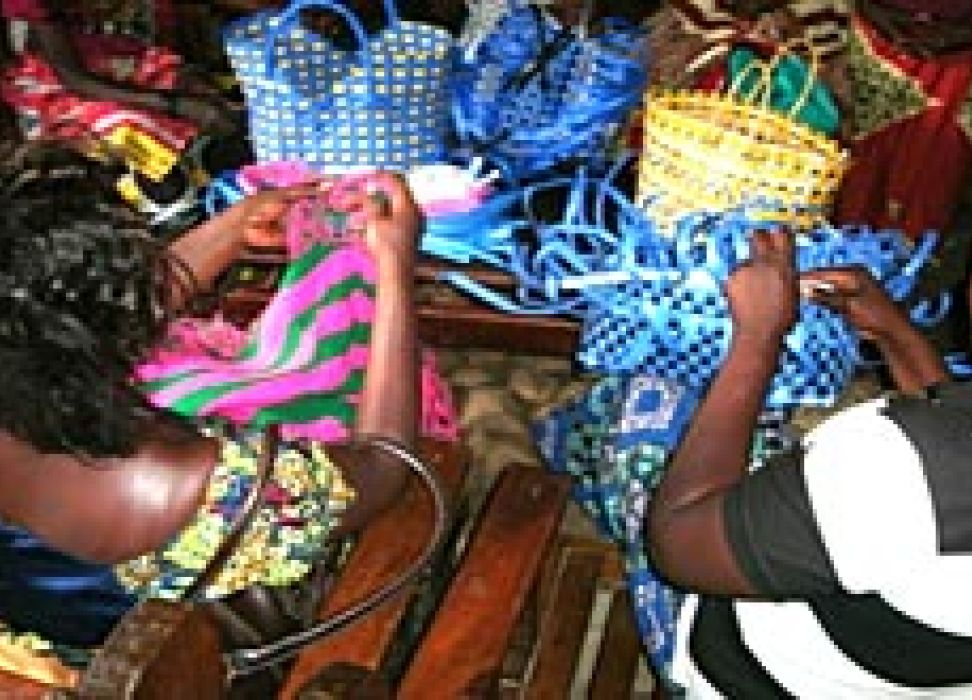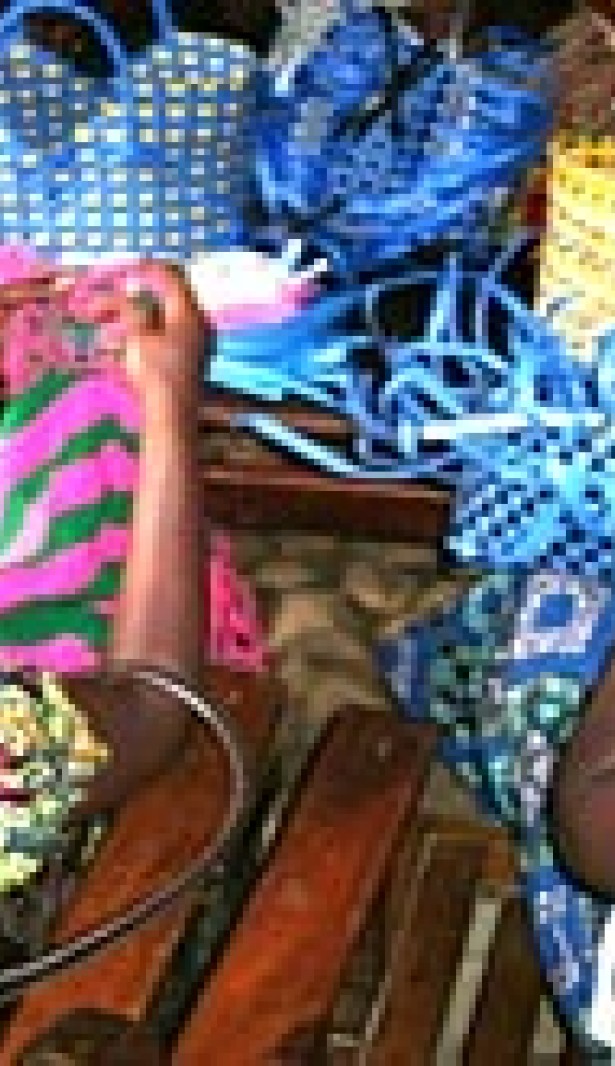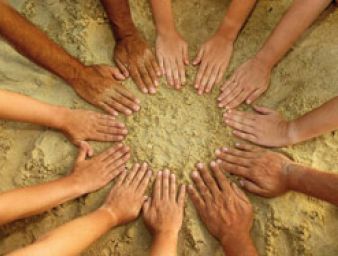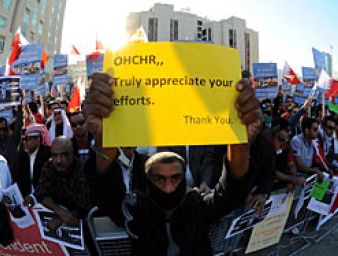Access to justice and reparations for victims of sexual violence in the Democratic Republic of the Congo
29 November 2013

Sarah is one of the survivors of an attack by armed groups in Shabunda, a remote territory in the South Kivu province of the Democratic Republic of the Congo, who says the trauma caused her to drop out of school and stop working. Sarah, like many victims of sexual violence, was abandoned by her husband after the attack.
Sexual violence against women in the context of the armed conflict has plagued the Democratic Republic of the Congo since the 1990s.
According to a UN report, between December 2011 and November 2012, 764 people were victims of sexual violence: 242 were reported in the Orientale Province, 278 in North Kivu and 244 in South Kivu.
The atrocities are of an unimaginable brutality, UN reports indicate. Their former lives have been largely destroyed, due to the trauma and stigma they often face in families and communities. Deprived of social support networks, these women often struggle for their mere physical survival and that of their children.
When asked about the remedies and reparations they would need, survivors of sexual violence in the Democratic Republic of the Congo called for access to medical care and education for themselves and their children, among others, in order to restore their dignity and give them a sense of justice.
In response, the UN Joint Human Rights Office, in collaboration with the Federal Republic of Brazil, set up a project to encourage comprehensive reparation programmes by the Government. It provided five grants to local NGOs, to provide survivors with psychosocial therapy, medical insurance, the payment of school fees and training and supplies for small businesses. In addition, it supported the construction of transit houses, which provide lodging, food and advisory services for the victims that await trial in Bukavu and Shabunda.
Five years after the attack, 26-year old Sarah now sells clothing in Bukavu and is able to provide for herself and her family. “When I received my economic reintegration kit, my life changed.” says Sarah, who is restarting her studies at the university. “I feel alive and I am no longer depressed, curled up in my bed! I have life projects that I never had before.”
After receiving assistance from the project, the life of Mary, another survivor of sexual violence, also changed. She said that after the attack she was struggling to feed her children. Now after receiving training and a new sewing machine, she earns a living by sewing cloths. “I feel well off, comfortable and in control of my life,” says Mary, who recently opened a sewing workshop.
All survivors interviewed, including Sarah and Mary, stressed that being part of the project has helped them regain control over their lives and rebuild their self-esteem.
Names were changed to protect the victims.
This story is published in the framework of the 16 Days of Activism Against Gender-Based Violence, which runs every year from 25 November (the International Day for the Elimination of Violence Against Women) to 10 December (Human Rights Day). The international campaign, originating from the first Women's Global Leadership Institute sponsored by the Center for Women's Global Leadership in 1991, calls for the elimination of violence against women and invites everyone to take action against it.
2013 marks the 20th anniversary of the World Conference on Human Rights, which led to the adoption of the Vienna Declaration and Programme of Action and the establishment of a High Commissioner for Human Rights. Its creation gave a new impetus to the recognition of human rights principles which has seen fundamental progress in the promotion and protection of human rights.
Women’s rights are now acknowledged as fundamental human rights. Discrimination and acts of violence against women are at the forefront of the human rights discourse.
The Convention on the Elimination of All Forms of Discrimination against Women (CEDAW) came into force in 1981 and its Committee was established in 1982. The Convention, often described as an international bill of rights for women, has almost achieved universal ratification. An Optional Protocol to the Convention was adopted in 1999.
28 November 2013



